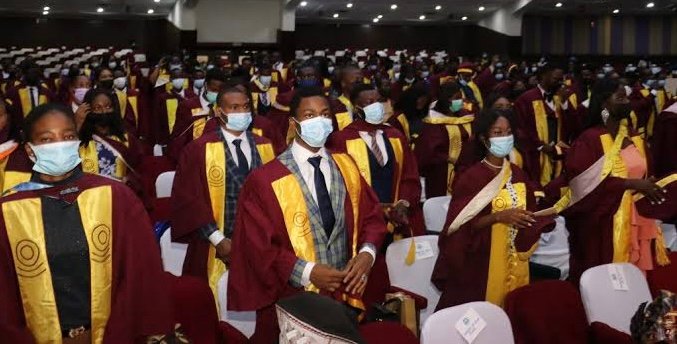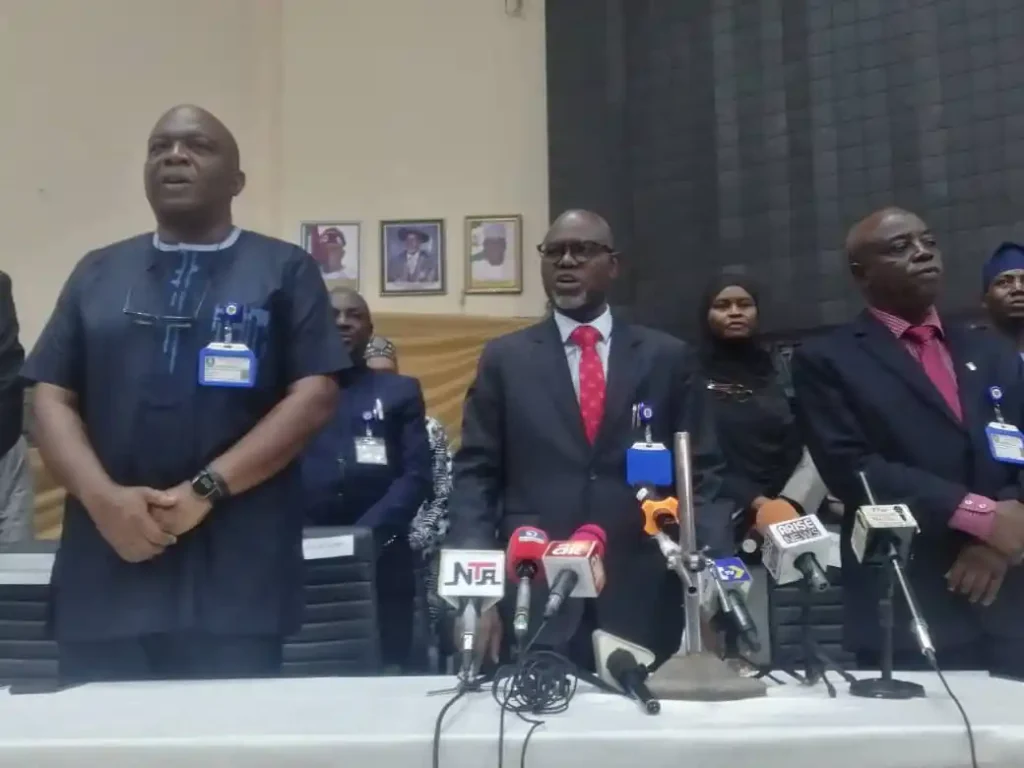The University of Lagos (UNILAG), one of Nigeria’s most prestigious higher institutions, has lost 239 first-class lecturers within seven years, raising deep concerns about the sustainability of the nation’s academic system.
Former Vice-Chancellor, Professor Oluwatoyin Ogundipe, revealed this startling figure at The PUNCH Forum on 26 August 2025, describing the trend as a dangerous brain drain driven by poor pay, dwindling morale, and chronic underfunding of education.
According to him, UNILAG employed 256 first-class graduates as lecturers between 2015 and 2022. But by October 2023, only 17 remained in service. The rest either left the university, switched careers, or sought better opportunities abroad.
Table of Contents

Why Are the Brightest Leaving UNILAG?
Prof. Ogundipe painted a troubling picture of the working conditions driving these intellectuals away. “Out of 256 first-class graduates employed within seven years, fewer than 10 per cent are still here,” he said.
The main reason is poor remuneration. Nigerian lecturers, even at federal universities, earn far below global and regional standards. A newly employed lecturer with a first-class degree is often paid less than peers in industries like banking, technology, or oil and gas.
“The government announced a ₦10 million loan for lecturers,” Ogundipe recalled, “but how does that solve the structural problem? Can I use ₦10 million to build a security post? The challenges go beyond loans. They are about salaries, facilities, and career growth.”
Beyond pay, many lecturers also face inadequate facilities for research, congested classrooms, and administrative bottlenecks that hinder innovation. For ambitious academics, especially those with global opportunities, staying becomes difficult to justify.
Education Funding Below Global Benchmarks
The problem extends beyond UNILAG. Nigeria’s education sector is consistently starved of funds. Federal and state governments allocate less than 10 per cent of their annual budgets to education—far short of the 15–26 per cent recommended by UNESCO.
This underinvestment has ripple effects:
- Infrastructure decay: Many universities struggle with outdated laboratories, poorly maintained lecture halls, and insufficient digital resources.
- Research stagnation: Scholars find it hard to secure grants or publish internationally competitive work.
- Teacher flight: Talented academics leave for countries offering better pay and working conditions.
The wider education crisis is also reflected in Nigeria’s shocking 10–22 million out-of-school children, the highest number globally. Even at the primary level, more than 60 per cent of funds go into salaries, leaving little for infrastructure, training, or innovation.
Ogundipe warned that if this continues, Nigerian universities will not only lose their brightest lecturers but also their global relevance. “We risk a future where our universities will be dominated by underqualified staff—or staffed mostly by women because men are leaving faster for better-paying opportunities abroad,” he cautioned.

The Way Forward for UNILAG: Funding, Partnerships, and Diaspora Support
Despite the grim statistics, Prof. Ogundipe proposed solutions that could turn the tide. He called for:
- Public–private partnerships to inject new funding into education infrastructure.
- Education bonds to raise capital from Nigerians who want to invest in long-term national development.
- Alumni endowments to give graduates a chance to reinvest in the institutions that shaped them.
- Diaspora contributions from Nigerians abroad, who often have both the expertise and resources to support innovation at home.
He stressed that the private sector must view education not as philanthropy but as a strategic investment in Nigeria’s future workforce and competitiveness.
“Every bank, every telecom company, every oil firm depends on universities for talent. If the universities collapse, industries will suffer. That is why businesses must support the system that trains their future staff,” Ogundipe argued.
Why This Matters for Nigeria’s Future
The mass exit of first-class lecturers at UNILAG is not just a university problem; it is a national crisis. It reflects the declining appeal of academia as a career path and the broader erosion of Nigeria’s intellectual capital.
If left unchecked, the consequences could include:
- Lower quality of teaching in universities.
- Fewer Nigerian scholars are participating in global research.
- Weakening of Nigeria’s competitiveness in science, technology, and innovation.
- A widening gap between Nigeria and other countries investing heavily in education.

For many students, the departure of brilliant young lecturers also means losing role models who can inspire them to push boundaries. And for parents, it undermines confidence in local universities, pushing more families to send their children abroad—further draining resources.
The solutions may not be simple, but they are urgent. Nigeria must recognise that investing in lecturers is investing in the country’s future. Without reforms, universities like UNILAG risk becoming shadows of their past glory.
Join Our Social Media Channels:
WhatsApp: NaijaEyes
Facebook: NaijaEyes
Twitter: NaijaEyes
Instagram: NaijaEyes
TikTok: NaijaEyes
READ THE LATEST EDUCATION NEWS





